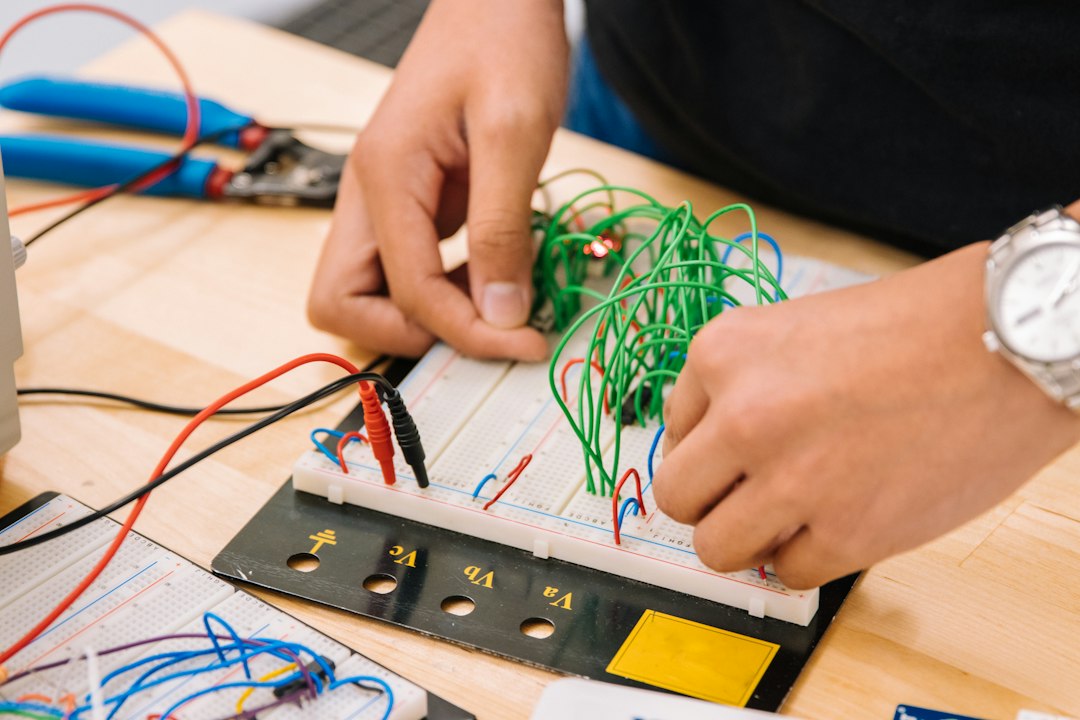Critical thinking is a valuable skill that can be applied in all aspects of our lives. It allows us to analyze information, make informed decisions, solve problems, and communicate effectively. Developing critical thinking skills can be challenging, but with practice and dedication, anyone can become a critical thinker.
There are several ways to develop critical thinking skills, and in this blog post, we will explore some effective strategies that can help you enhance your ability to think critically.
1. Ask Questions
One of the best ways to develop critical thinking skills is to constantly ask questions. When you come across new information, instead of simply accepting it at face value, ask yourself questions such as: What is the source of this information? Is it reliable? What evidence supports this claim? Are there any biases or assumptions present?
By asking questions, you can evaluate the credibility of the information and develop a deeper understanding of the subject matter. This will help you make informed decisions and avoid falling prey to misinformation.
2. Evaluate Arguments
Critical thinking involves evaluating arguments and reasoning. Whenever you encounter an argument, take the time to analyze it thoroughly. Identify the premises, conclusions, and assumptions made by the author. Evaluate the logical structure of the argument and determine whether it is sound or flawed.
By critically evaluating arguments, you can strengthen your reasoning skills and improve your ability to detect fallacies and weak reasoning. This will enable you to construct stronger arguments of your own and engage in more fruitful discussions.
3. Seek Different Perspectives
Critical thinking requires an open-minded approach to information. To develop this skill, expose yourself to a variety of perspectives and opinions. Engage with diverse sources of information, including articles, books, videos, and discussions with people of different backgrounds and viewpoints.
By seeking different perspectives, you can broaden your understanding of complex issues and challenge your own assumptions and beliefs. This will help you develop empathy, tolerance, and a more nuanced understanding of the world around you.
4. Practice Problem-Solving
Problem-solving is a key component of critical thinking. To develop this skill, regularly engage in puzzles, brain teasers, and logic games that challenge your problem-solving abilities. By practicing problem-solving, you can enhance your analytical skills, creativity, and ability to think outside the box.
Additionally, identify real-life problems or challenges that require critical thinking to solve. Approach these problems systematically, break them down into smaller components, and evaluate different solutions before making a decision. This hands-on approach to problem-solving will sharpen your critical thinking skills and help you become a more effective decision-maker.
5. Reflect on Your Thinking Process
Self-reflection is a powerful tool for developing critical thinking skills. Take the time to reflect on your thoughts, beliefs, and assumptions. Consider how you arrived at a particular conclusion, what biases may have influenced your thinking, and whether there are alternative perspectives to consider.
By reflecting on your thinking process, you can improve your self-awareness, identify areas for improvement, and develop a more objective and rational approach to decision-making. Keep a journal or diary to record your reflections and track your progress in developing critical thinking skills.
6. Practice Active Listening
Active listening is a crucial component of critical thinking. When engaging in discussions or debates, practice active listening by paying close attention to the arguments presented by others. Ask clarifying questions, paraphrase their points, and seek to understand their perspective before offering your own.
By actively listening to others, you can gain new insights, challenge your own beliefs, and develop a more nuanced understanding of complex issues. This will help you become a more effective communicator and collaborator, as well as a more empathetic and open-minded individual.
In conclusion, developing critical thinking skills is a continuous process that requires dedication, practice, and an open-minded approach to information. By asking questions, evaluating arguments, seeking different perspectives, practicing problem-solving, reflecting on your thinking process, and practicing active listening, you can enhance your ability to think critically and make informed decisions. Ultimately, critical thinking is a valuable skill that can empower you to navigate the complexities of the modern world and become a more effective problem-solver and decision-maker.


